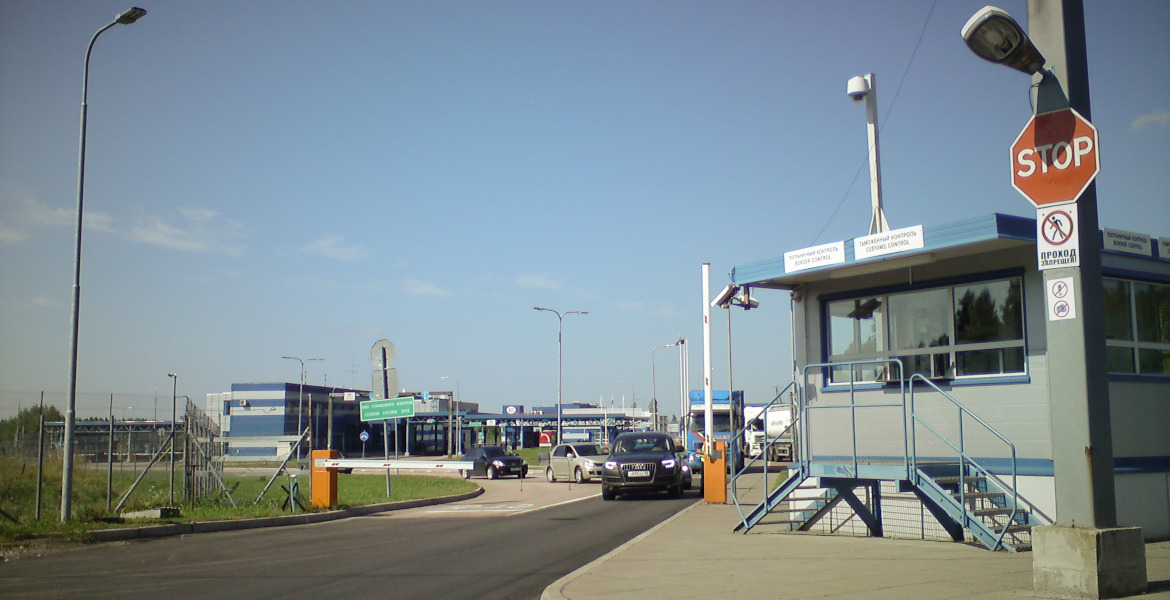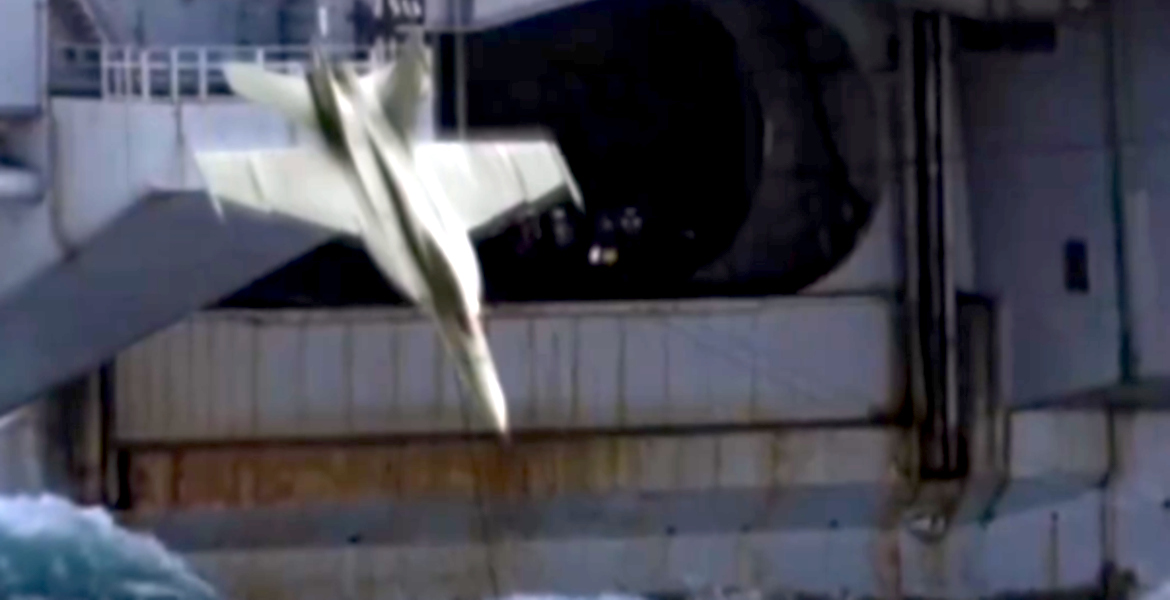Seymour Hersh, previously celebrated for his revelations of US war crimes against civilians in Vietnam and against prisoners of war in Iraq, is in the news with the extraordinary details of the Nord Stream 1 and 2 blasts. His accounts are referred to, in particular, to a source with a good insight into the details of how the US and Norway, working closely together under the NATO umbrella, blew up the gas pipelines with the result that large parts of Europe are now being dragged into an energy crisis and increasingly severe economic depression.
Don’t miss our exclusive series about the mysterious runes of the old Norse!
In December 2021, White House National Security Adviser Jake Sullivan is said to have arranged a meeting with a newly formed task force of men and representatives from the CIA, State Department, Treasury Department and US Department of Defense to discuss and ask for recommendations on how best to respond to a supposed invasion by Russia of Ukraine.
According to the source, the secret meeting was followed by further meetings and, on Sullivan's initiative, a plan was eventually agreed for the destruction of the two Nord Stream gas pipelines - and that it was President Joe Biden who personally asked for this.
After discussing options for the attack, it was suggested, among other things, that the gas pipelines be attacked with submarines or bombs that could be remotely detonated afterwards. The CIA argued that the operation had to be carried out in secret whichever route was chosen - because an attack of this magnitude would be considered an act of war if it could be traced back to the US.
The CIA, headed by former Russian ambassador William Burns, who was also deputy secretary of state during the Obama administration, in turn commissioned a task force to draw up a plan for the covert operation, using deep-sea divers to trigger an explosion along the gas pipelines.

Experience in similar operations
It is noteworthy that similar operations have been carried out in the past by American intelligence. In 1971, with the help of divers and submarines, it succeeded in deploying advanced interception equipment at an underwater cable in the Sea of Okhotsk used for communications by the Russian Navy.
The Russians were convinced that their communications were secure and covert and used no other encryption, the US interception was able to continue for a decade before an American civilian NSA employee exposed the whole thing. The interception allegedly provided the Americans with "invaluable intelligence information about the Russian Navy's intentions and planning".
One problem seen with this secret deep-sea attack in the Baltic is that the sea is patrolled by the Russian Navy and there are no oil rigs to use as cover for a diving operation.
Biden couldn't keep quiet
On February 7 - just a few weeks before Russia entered Ukraine, President Joe Biden declared, after a meeting with German Chancellor Olaf Scholz, that the US will "end" Nord Stream 2 if Russia invades.
Less than three weeks earlier, the Foreign Ministry's Victoria Nuland had conveyed the same message at a press briefing.
– I'll be very clear with you. If Russia invades Ukraine, Nord Stream 2 will one way or another not be able to go ahead,' she said at the time
– It was like putting a nuclear bomb on the ground in Tokyo and telling the Japanese that we are going to detonate it, the source says, adding that several people involved in the upcoming attack were upset by the politicians' public references to the same.
– The plan was that the various options would be implemented after the invasion and not announced publicly. Biden simply didn't get it or he just ignored it.
According to the source, Biden and Nuland's "thoughtlessness" also created an opportunity at the same time. Several CIA directors argued that after Biden's statement, blowing up the gas pipelines could no longer be considered a covert operation - and therefore did not need to be reported to Congress. Shortly thereafter, the President, through CIA Director Bill Burns, gave the go-ahead.
– There was no longer a legal requirement to report the operation to Congress. All they had to do now was just carry it out - but it still had to be secret, he says.
Norway "the perfect partner"
It was decided that Norway was the perfect base for the mission - a country where the US military has greatly expanded its presence in recent years and where it has invested hundreds of millions of dollars in facilities for its air force and navy - including advanced radar equipment. A US submarine base in Norway had also recently been completed and, according to the source, the US was already working full-time with its Norwegian counterparts to spy on Russia in the East.
Military cooperation between the countries is also said to have been facilitated by Norway's former prime minister Jens Stoltenberg, who is now secretary-general of the US-led NATO military alliance - and for many years also an outspoken opponent of Vladimir Putin's Russia.
– He is the glove that fits the American hand, says the source.

The Americans were also convinced that the Norwegians would keep the attack secret - not only because of loyalty to the US, but also because they had a vested interest in the disappearance of Nord Stream because it would allow them to sell more of their own natural gas.
"Sometime in March, some members of the team flew to Norway to meet with Norwegian intelligence and the navy," writes Seymour Hersh, referring to the source who says that one of the key issues to be discussed was exactly where in the Baltic Sea was the best place to plant the explosive devices.
Soon enough, the Norwegian navy found the best place in shallow waters, a few kilometres off Danish Bornholm, where divers operating from a Norwegian minesweeper would most likely be able to dive down and rig bombs on four gas pipelines.
NATO exercise used as cover
Before US military divers, from a base in Panama City, could be flown in and get to work with their Norwegian colleagues, there was another problem to be solved. The underwater activities could possibly be detected by the Swedish and Danish navies, which risked reporting the matter further.
It was concluded that it was necessary that "certain" high-ranking Danish and Swedish officials were informed before the operation "in general terms".
– What they were told and what they knew was deliberately different, the source explains.
To carry out the attack, it was also necessary to camouflage the bombs so that they would not be detected by Russian surveillance technology - and make them look like part of the natural background in the water.
As for the timing of the operation, the suggestion is said to have come from the Norwegian side. Every June for the past 21 years, the US Navy had sponsored a major NATO exercise in the Baltic involving a large number of allied ships.
"The Norwegians suggested that this would be the perfect cover for deploying the mines," the source further explains.

The Americans, in turn, persuaded those in charge of the exercise to add a "research and development exercise" to the programme - which was also made public. This was to be conducted off the coast of Bornholm and was said to involve various NATO groups planting mines - as well as competing groups finding and destroying them.
"It was both a useful exercise and an ingenious cover-up. The Panama City boys would do their thing and the C4 explosives would be in place by the end of Baltops 22, with a 48-hour timer attached. All the Americans and Norwegians would be long gone by the first explosion."
Biden demanded changes to the plan
Shortly before everything was ready to go, the political leadership in Washington had second thoughts. The bombs would still be planted during the NATO exercise, but the White House worried that only two days between the exercise and the detonations was far too short a time - and that it would be all too obvious that the US was directly involved. Instead, it demanded that the operators find a way to remotely detonate the gas lines at a later stage.
Once again, President Biden's "indecision" and last-minute changes are said to have caused outrage and frustration within his own ranks - but they had no choice but to go ahead with the specific requests. The C4 bombs attached to the gas pipelines were to be triggered by a sonar buoy dropped by an aircraft at very short notice in a procedure which, according to the source, involved "the most advanced signal processing technology".
There was also concern that the bombs would be accidentally and pre-emptively triggered by the sound of various ships on the heavily trafficked Baltic Sea - or by underwater drilling, waves or by disturbances from animals in the sea.
"To avoid this, the sonar buoy, once in place, would emit a sequence of unique low-frequency sounds - much like those produced by a flute or piano - that would be recognized by the timing device and, after a preset one-hour delay, trigger the explosives."
On 26 September 2022, the Norwegian Navy's surveillance plan carried out what appeared to be a routine flight and dropped a sonar buoy. A few hours later, the bombs exploded and three of the four gas lines were immediately rendered inoperable, and the signal was transmitted underwater - first to Nord Stream 1 and later to Nord Stream 2.

The media were uninterested in the truth
"In the immediate aftermath of the pipeline bombing, American media treated the whole thing as an unsolved mystery. Russia was repeatedly singled out as the likely culprit, spurred by leaks from the White House but without ever establishing a clear motive for such an act of self-sabotage, other than simple retaliation."
He points out that no US news media seemed interested in delving into the issue or the earlier threats by Joe Biden and Victoria Nuland that Nord Stream would be "stopped".
No clarification on why Russia would bomb its own lucrative gas pipelines, rather than just temporarily turning off the tap, ever came. However, Foreign Secretary Anthony Blinken was clear that it was the US that benefited from the whole thing.
– It is a huge opportunity to remove once and for all dependence on Russian energy and thus take away from Vladimir Putin the use of energy as a weapon, Blinken declared, arguing that the blasts offered "enormous strategic opportunities for years to come".
Victoria Nuland has also openly expressed delight at the attack, saying she is "very pleased" that Nord Stream 2 is now "a pile of metal at the bottom of the sea".
The source notes that Joe Biden "said he would do it - and he did it" and he describes the extensive planning and cover-up as "beautiful".
– The only flaw was the decision to actually go through with it.
Seymour Hersh, born in 1937, is an American-Jewish investigative journalist who was awarded the prestigious Pulitzer Prize after revealing how American soldiers during the Vietnam War executed hundreds of South Vietnamese civilians - the majority of them women and children.
Considered one of the world's most prominent investigative journalists, Hersh has also revealed how the US tortured Iraqi prisoners at the now infamous Abu Ghraib prison and covered the Watergate scandal for the New York Times.
In recent years, he has attracted attention and criticism for questioning the US history of Osama Bin Laden's death, reporting on US plans to assassinate political opponents in Iran and rejecting US claims that the Syrian government used chemical weapons against civilians.
Among the many awards Hersh has received for his journalistic work, in addition to the Pulitzer Prize, is the George Polk Award - an American journalism prize he has received no less than five times, which is also more than any other person.




